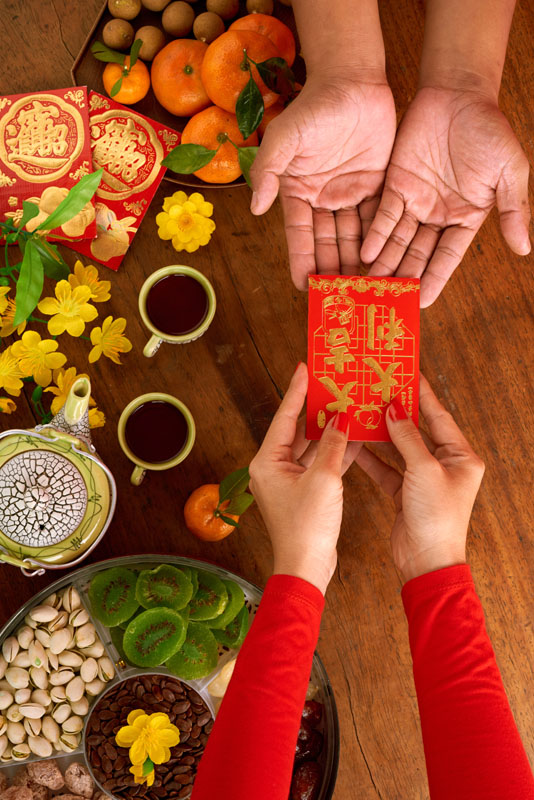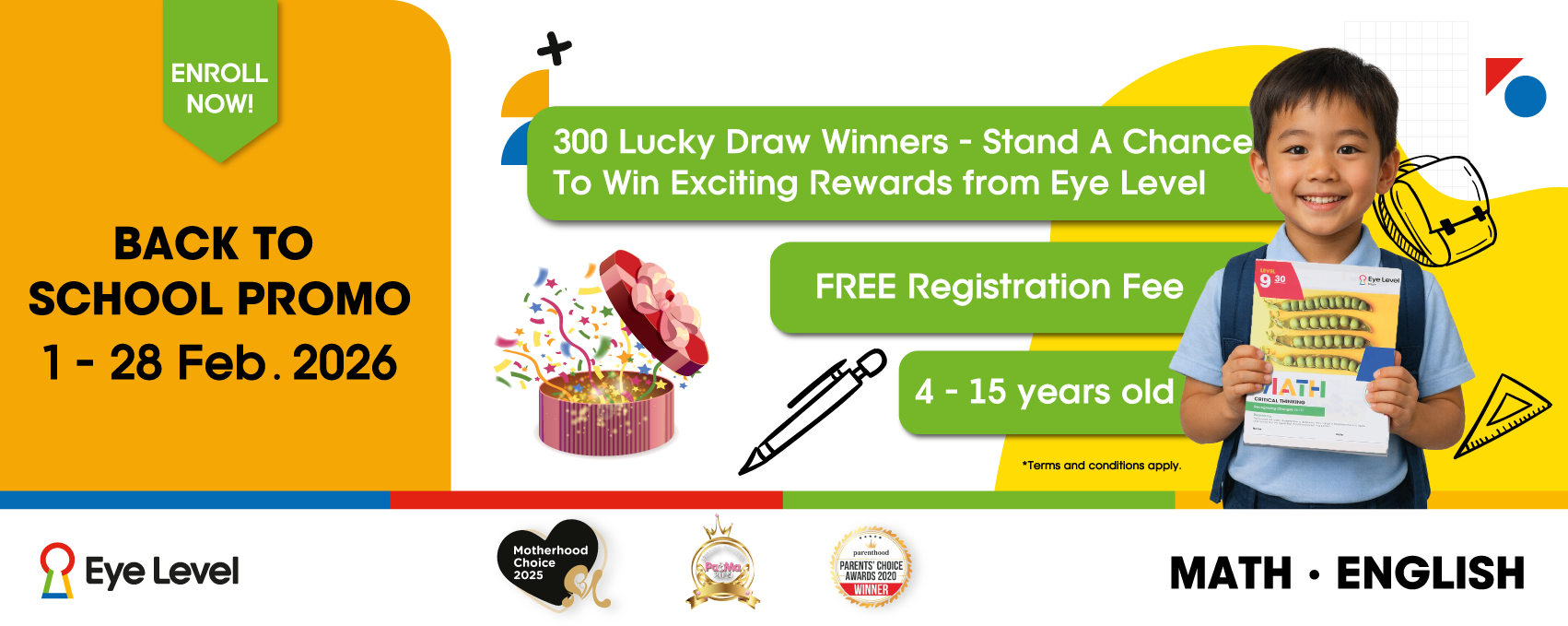Written by Choo Li-Hsian
 Photo Credit: iStockPhoto
Photo Credit: iStockPhoto
The school year for many international schools is almost over, but learning experiences don’t have to end even when your kids are on holiday. In fact, holiday travel can reinforce key concepts learned at school and help kids make valuable connections between their knowledge and the real world.
Family vacations can benefit families in many ways. Travel gives kids first-hand experiences of how other people live, the food they eat, foreign languages as well as all the sights and sounds related to another culture, such as billboards promoting products they have not seen before or music and art from another country. It also presents kids with new scenarios to consider and related problems to solve – such as trying to locate a place on a map and figuring out how to get there, how to order food at a restaurant where no one speaks your language or even negotiating with a hotel staff about something you are not happy with.
Studies have shown that family vacations can also help kids reach many developmental milestones. The change in regular routine provides kids with new and novel experiences, which reshape existing memory structures in the brain. This positively impacts children’s linguistics, cognitive, social and emotional development. Travel provides deep learning experiences that can change your children’s perspectives, dispelling stereotypes and generalisations about the world that they might have held before.
Here are six ideas to help your kids keep learning as they travel:
 Photo Credit: iStockPhoto
Photo Credit: iStockPhoto
1. Get kids to do some pre-reading about the destination, and plan an itinerary together
Create anticipation about a trip by reading some related books beforehand. You can usually find interesting picture or guidebooks on any given country. For example, if going to Australia, look up these non-fiction reads on iconic Australian things and Australian Animals by Frané Lessac, or a fun picture book like this one by Philip Bunting. The Lonely Planet also has a good range of travel-related books for kids.
Look up your travel destination on the map with your kids. Encourage them to find famous landmarks in the city you will be visiting using Google Earth and read up about these.
Get older kids to help plan the holiday by creating a travel itinerary using Google’s My Maps tool. As they gain knowledge about the geography, history and other information relating to the new location, they will also pick up research, organisational, planning and digital skills.

Photo Credit: iStockPhoto
2. Encourage kids to keep a travel journal
Buy a cheap and cheerful exercise book from the neighbourhood stationery shop, where half the page is blank and the other half has ruled lines. Kids, even the very young, can do a drawing about a key attraction they visited or activity that they did, and write a few lines about it. Encourage them to not only write about something in a factual manner, but to also share how they felt and their opinions about what they see. For kids who like more writing prompts and templates, you can also get ready-made travel journals like this one from The Lonely Planet. There are many benefits of kids keeping a travel journal:
- Studies say kids who write in their own time outside school daily are five times more likely to have levels of writing above those expected for their age, compared with those who never write outside the classroom (30.9% versus 5.8%).
- With a journal, kids can practice their handwriting freely without worrying about it being marked. With technological advances, handwriting is becoming a lost art but it is still an important life skill that has a bigger impact on learning and development than we think.
- Through journal writing, kids can learn to process their thoughts, express their feelings and ultimately, reflect on things they do and their surroundings. Reflecting is often when deep connections are made between new experiences and your children’s current world views. This also has mental health benefits as it provides a meditative calming effect amidst a hectic travel schedule.
- Journaling also sparks creativity and helps kids see that there is more to the world than playing with their iPad. They can also use it to keep their travel mementoes like pictures, ticket stubs and brochures.
- It is not only a great conversation starter for families but becomes a meaningful travel souvenir when families look at it later and happily reminisce about the trip.


Photo Credit: Writer's own (Li-Hsian Choo)
3. Ask kids to sketch what they see and paint pictures on the go
If you have kids who love to doodle and draw, buy them small but sturdy sketchpads, nice pencils and good colour pencils or travel watercolour paint sets (we like those from this range that you can find in Art Friend physical stores or online).
Sketching teaches kids keen observation skills and how to “see” things. It also helps kids to recognise that although some things may seem hard at first, they are really doable with the right attitude. If kids have the willingness to try and push through self-doubt, they will usually get into it and see some amazing results. Observational drawing helps us connect more deeply with the things we see and our surroundings. Even things you have seen many times will become more fresh and interesting. The Urban Sketching Manifesto shares, “Our drawings tell the story of our surroundings, the places we live and where we travel. Our drawings are a record of time and place. We are truthful to the scenes we witness.” Again, what your kids create will become a very personal travel souvenir. You can get more tips on tools in this video and an overview here.
4. Learn a new language together
Learning the language of a different country can provide many interesting insights into its culture. So, you might like to download and use some interactive language apps before you go. For younger children, it might be fun to search for simple songs in that selected language. When you try speaking a little of the language at the location you visit, you will find that local people will be more receptive to conversing with you. This can lead to more enriching travel experiences.


Photo Credit: Chalkacademy.com

Photo Credit: Picklebums.com
5. Create fun ways to learn in nature
Nature-based locations like beaches or forest reserves are great for sensory-related learning. We love these posts about ways kids can learn Chinese characters while relaxing on the beach and fun ways to use stones for Chinese practice. Kids can also collect flowers, leaves and sticks to make leaf faces. Just bring along some art paper, glue and scissors.
6. Lead by example, model an inquiring mind
Help your kids engage in critical and creative thinking by asking and responding to their questions, as you move about in a new city. Encourage them to really take notice of and think about things around them by asking them open-ended questions such as:
- Why do you think the people here eat food like this?
- Why do they dress this way?
- What did you like best about the places we visited? Why?
- How do the supermarkets in this country compare to the ones we normally go to at home?
- Why do you think their houses are built this way?
 Photo Credit: Unsplash
Photo Credit: Unsplash
Whatever you choose to do, make it fun and not forced. Travel stimulates so many different senses, so do not fill up your itinerary with too many activities. Allow kids to have some time to pause, reflect and make sense of their new experiences. Kids have a natural sense of wonder and many times, they can also show parents the extraordinary in the ordinary!















![[Straits International School - Penang] February Holiday Programme](https://mint-edm.sgp1.digitaloceanspaces.com/production/lh44hhnPredErEJXPoyTzwPNixA9Oj.jpg)




















